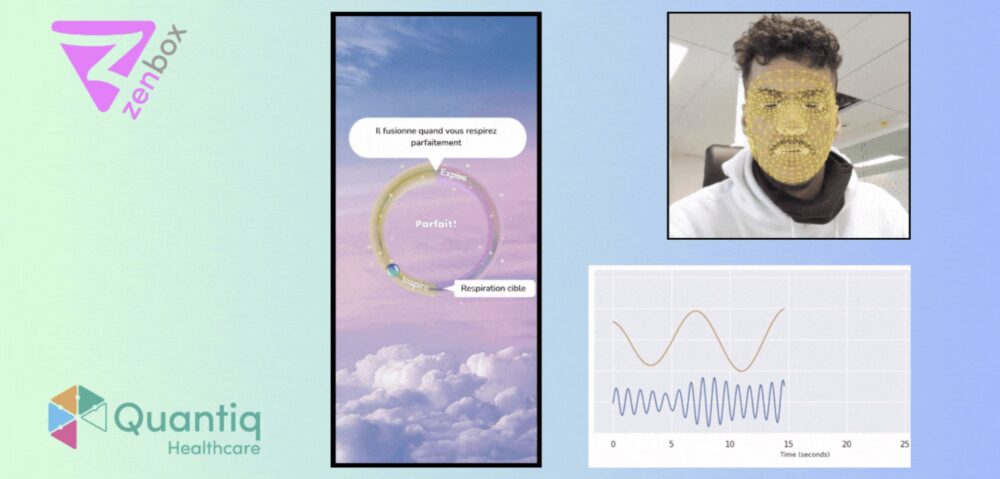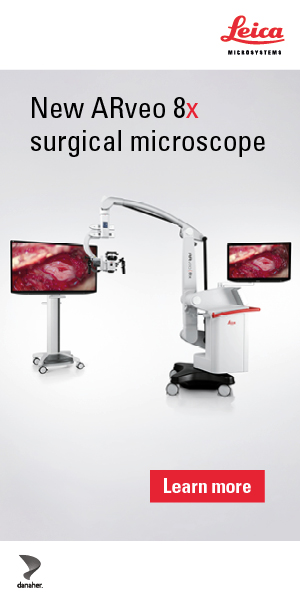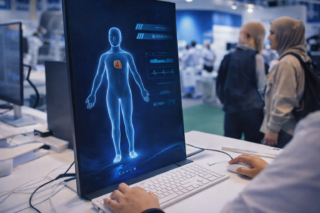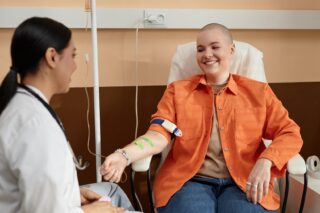Based on medical technology, Zenbox is the first interactive app to guide and correct breathing exercises in real time using AI. It tracks vital respiratory parameters for better health and well-being.
The French startup Quantiq.io launched the first AI-powered breathing coach based on real-tme, medical-grade technology. It has already been validated in four hospitals and was used by Olympic athletes during the Paris 2024 Games. The company unveiled the Zenbox solution during CES 2025 last month, presenting how the medical technology behind the application allows it to accurately monitor vital signs. Powered by Cobox by Quantiq.io, Zenbox analyzes light variations absorbed by blood under facial skin via a smartphone camera.
Specializing in connected health solutions, Quantiq.io aims to transform any webcam or smartphone into a medical device, ultimately intending to help physicians make reliable medical diagnosis for serious diseases. Alain Habra and Fabien Niel founded the company in 2020 as a portal to making medical data meaningful with solutions that generate automatic and efficient diagnosis from multiple data sources.
800 Million Breaths in a Lifetime: The Science Behind Breathing
An average person accounts for approximately 800 breaths in a lifetime, and it’s the first and last action of life. A single breath can initiate the molecular modification needed to improve one’s health and well-being. Indeed, findings from an investigation published in the National Library of Medicine suggest that slow, deep breathing (SDB) alters postprandial redox in the absence of changes in endothelial function in young, healthy males. Similarly, Cell Reports Medicine published a report that shows brief structured respiration practices enhance mood and reduce physiological arousal.
Breathing exercises can initiate molecular modifications that enhance health and well-being by influencing oxidative stress biomarkers. According to the systematic review and meta-analysis, breathing techniques such as slow deep breathing, diaphragmatic breathing, and inspiratory muscle training significantly increase antioxidant enzymes like superoxide dismutase (SOD) and glutathione (GSH), which help neutralize harmful reactive oxygen species (ROS). Simultaneously, these exercises lower malondialdehyde (MDA) levels, a marker of oxidative damage, thereby reducing cellular stress and inflammation. These biochemical changes improve vascular function, enhance respiratory efficiency, and support overall metabolic health, benefiting both healthy individuals and patients with conditions like hypertension, diabetes, and chronic obstructive pulmonary disease (COPD).
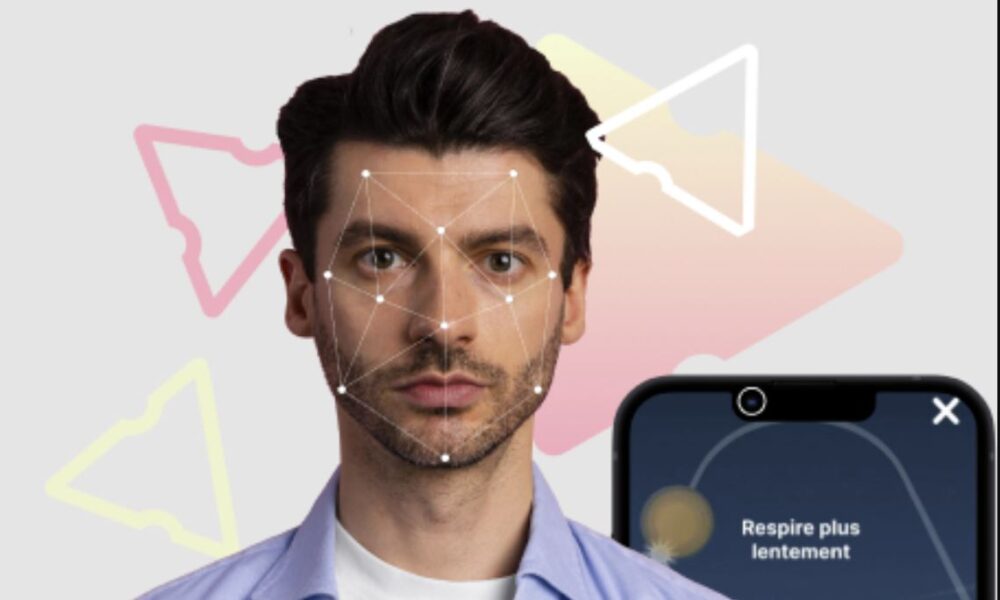

Zendesk combines multiple technologies to guide and evaluate users’ exercises by using a smartphone or desktop simple camera.
How the Breathing Coach Zenbox Helps
Although we know breathing supplies the body with oxygen, regulates respiratory rates, and directly influences heart rhythms; stress, sleep disorders, and cardiovascular issues continue to rise. To turn back time and regain control of one’s health, many are turning once again to ancient breathing techniques involving SDB. As the above-mentioned studies have shown, such breathing combines higher oxygen levels with even respiratory rates and heart rhythms.
“When these functions align, the body enters a state of cardiac coherence – known to impact overall health positively. Mastering breathing exercises can improve this balance. Yet, most current solutions require additional equipment – pulse oximeters, chest straps, or other devices – to monitor physiological parameters,” the team at Zenbox explained in a press release.
Zenbox regulates effective respiratory exercises through medical science, AI, and proprietary algorithms to transform an ancient practice into a modern wellness tool. Zenbox uses just a smartphone’s camera to measure and analyze vital signs related to breathing while guiding users through fun and interactive exercises.
Powered by Cobox by Quantiq.io, Zenbox transforms any camera into a medical device capable of measuring vital signs remotely.

Cobox® integrates proprietary techniques, such as rPPG (remote photoplethysmography) and AI, to accurately monitor vital signs by analyzing light variations absorbed by blood under facial skin – all via a smartphone camera. Clinically validated in four hospitals, this solution delivers performance comparable to standard medical devices.
Zenbox acts as an added physiotherapist, a personal breathing coach who uses AI to offer guided, tailored, and effective breathing exercises to improve daily well-being. The app’s AI evaluates users’ performance in real time, corrects their exercises, customizes them as needed, and tracks progress via an interactive dashboard. Clinically validated, Zenbox has demonstrated its ability to reduce stress (by an average of 25%), anxiety (40%), and even heart rates (8 BPM).
Zenbox: Trusted by Olympians, Proven in Hospitals
Zenbox is redefining the way we approach health and performance, turning breathing into an engaging and effective practice. Proven in high-stakes environments, it played a key role in the Paris 2024 Olympic and Paralympic Games, where 11 paralympic athletes from the Levallois Sporting Club integrated it into their training for optimized recovery and performance. It has also been successfully tested in four hospitals, further validating its effectiveness in medical settings.
Now available to everyone, Zenbox is making its mark in corporate wellness programs, healthcare facilities, and personal well-being routines. With dedicated programs for relaxation, sleep improvement, sports recovery, and maternity preparation, it is accessible on all major platforms. As it continues to expand, Zenbox will soon debut in hospitals, clinics, and laboratories, with a life-sized version premiered at CES in Las Vegas, bringing its benefits to even more people worldwide.
